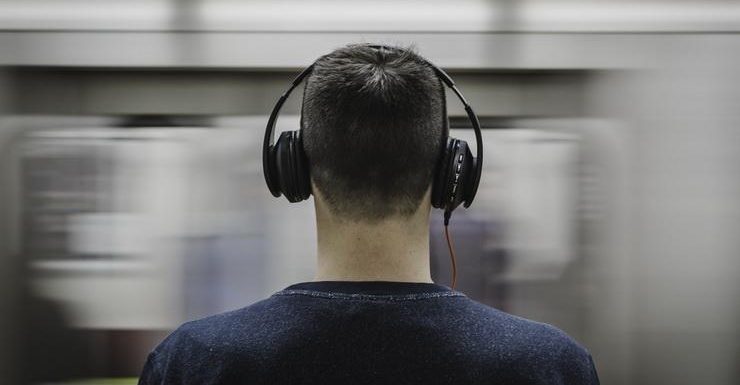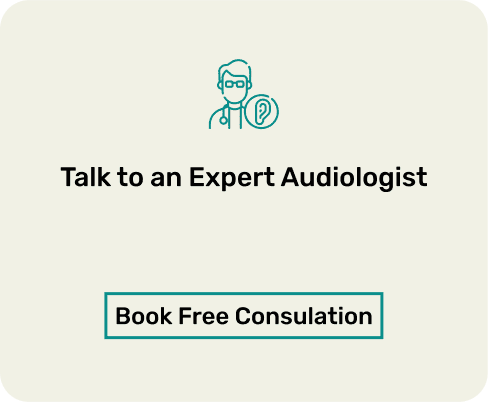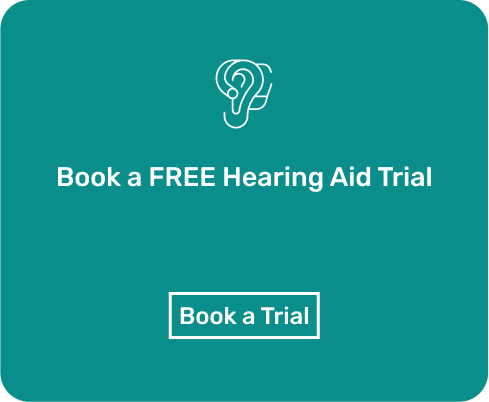Early in 2015, the World Health Organization (WHO) warned that 1.1 billion young people are at risk of hearing loss because of personal audio devices, such as smartphones, and damaging levels of sound at entertainment venues.
Most of us spend a lot of time commuting between home and the workplace, especially in crowded metros like Mumbai or Delhi. It is not uncommon to kill time listening to music or watching a movie or a video, streaming through a pair of headphones plugged into our ears. Unfortunately, this seemingly harmless mode of entertainment can be extremely hazardous to our hearing health.
Smartphones have been under scrutiny lately because of the effect they can have on our eyes. There is ongoing research on how it can affect our brain, neck, fingers and even liver.
But the one part that seems to get ignored in the conversation is how connected devices like headphones and earphones cause damage to our ears.
Let’s take a look at how such instruments and other lifestyle habits can damage the ear’s health.
Lifestyle Habits That Are Dangerous To Our Ears!
Pay heed to how the following lifestyle habits can potentially damage the ear’s health.
1. Using Earphones
Ears are delicate organs. When a sound enters our ears, it causes the eardrum to vibrate. These vibrations are sent to the cochlea (inner ear) where a fluid carries them to the fine hairs stimulating the auditory nerve fibres which then travel to the brain to interpret the sound. Hearing loss is caused when the tiny hair cells, mentioned earlier, are destroyed – which can be caused by prolonged exposure to loud music that is directly transmitted into the ears via earphones.

Earphones (also called in-ear headphones) in particular are detrimental to hearing owing to their design.
They are essentially tiny speakers that sit in the ear, funnelling music straight into the ear canal.
Some people may lose the ability to distinguish consonants and understand speech because of noise-induced hearing loss that happens over a period.
Outside-the-ear headphones are a better option, as they provide a sort of buffering space between the music and the ear canal. However, they are not without their drawbacks either. Most headphones are of low or mediocre quality and do not transmit the bass efficiently. It is worth investing in better quality headphones to improve your listening experience and protect your hearing.
It is important to note that ear damage begins to occur at 85 decibels – the typical noise level of a hair dryer or food processor.
According to a research paper, earphones inserted into the ear produce sound levels that can exceed 120 dB, which is comparable to a plane leaving the runway.
Earphones also happen to cover the exit point for the wax in our ear, trapping moisture and warmth. Guess who loves that environment? Bacteria! Also, earphones left on tables, desks and inside bags also pick up some non-friendly germs from the neighbourhood. None of these can be good for your ears.
2. Listening To Loud Music At Discotheques, Pubs and Movie Theatres
The loud music at discotheques and pubs can lead to a noise-induced hearing loss. Several DJs (Disc Jockeys) are experiencing hearing loss because they use noise amplifying headphones that help them listen over background club music. Just fifteen minutes to listening to music over 100 decibels can be harmful. Movies, too, are a source of premature hearing reduction. These are, however, common lifestyle habits for the current generation.

3. Using Bluetooth Devices
Bluetooth technology uses radio waves of microwave frequency range to exchange data over short distances. Because of their short wavelength and rapid oscillation, microwave radiation can penetrate living tissue down to cellular level. While common problems like ear pain are a known side effect of using Bluetooth, research is entirely not conclusive that these devices cause hearing impairment.
The standard consequences that come with increased decibel levels are same for earphones and Bluetooth devices.

4. Exposure To Electromagnetic Radiation
It is already known that cell phones transmit electromagnetic radiation, which has been linked to various kinds of brain cancers.
However, it can also result in a high-frequency hearing loss and tinnitus. Long-term and intensive mobile phone usage could damage the cochlea and the auditory cortex.

Best Practices For Using Audio Entertainment Devices
The best time to start protecting your ears is right now. If you’ve been using earphones for long, you can still safeguard your ears before it is too late.
Here’s how you can make some alterations to your lifestyle habits to ensure that your hearing health is not compromised:
1. Use the 60:60 rule
The 60:60 rule says that you hear music at 60 percent of the maximum volume for 60 minutes at a time and then rest your ears for a while before you can start again. This rule ensures that you remain within acceptable decibel levels for most devices and don’t have a prolonged exposure at any given time.
2. Choose ‘Over The Ear’ Headphones
Over the ear headphones might look bulky, but they are far better than earphones as they are not inserted directly into the ear canal.

3. Use Noise Cancelling Headphones
Better yet, chuck out your previous earphones (or just sell them off) and make a wise investment in noise cancelling headphones. Yes, it is an investment considering the price tag they carry. These headphones allow you to ‘mute the world’ and exclusively listen to what you wish to hear from a device. This ensures that you don’t raise the volume to cut off the background noise and the decibel levels remain are kept in check.
4. Use Parental Control Settings for iPhones and iPods
iPods may be culprits of causing quite a few hearing problems but they also have a built-in solution, especially if you have a young adult on the other end of the device. Both iPhones and iPods have parental control settings for volume and you need to set it at the right decibel to avoid ear damage.
5. Don’t Share Earphones
The use of earphones increases bacteria build up in your ear. As gross it sounds, sharing earphones can spread it to another’s ear causing ear infections. At least, in this case, sharing isn’t caring.
6. Cleaning Earphones
Earphones need to be cleaned regularly by first wiping off any wax and then rubbing them thoroughly with cotton balls damped with disinfecting spray or alcohol.

7. Buy Ear Protection
Children are especially susceptible to ear damage. It is advisable to use protective ear mufflers if you plan to be at a venue which is likely to have loud sound or music.
8. Use Customized Ear Plugs
Customized earplugs are a must if you want to use them for a specialized activity. Athletes need one that doesn’t slip out. Swimmers need waterproof earplugs. Musicians need ones that can transmit subtle sound differences. Customized earplugs are built to fit your ear canal, offer better sound manipulation and are long lasting compared to generic ones.
9. Use a hearing aid as soon as you experience hearing loss
The sad part of ear damage is that you may not be able to reverse much of it. But, you can prevent further damage with early intervention. Hearing aids come in various shapes and sizes and you can choose the one that fits your requirements exactly.
Smartphones and other new tech devices have no doubt made life simpler and allow you to stay connected. But there is no such thing as a free lunch. The price you ultimately pay may not be the one you really bargained for. Put your health first and make the necessary changes to your lifestyle habits!
If you, or a loved one, are experiencing symptoms of hearing loss, get in touch with Centre For Hearing today!
Call us on +91 9811227269 for a FREE CONSULTATION!



















